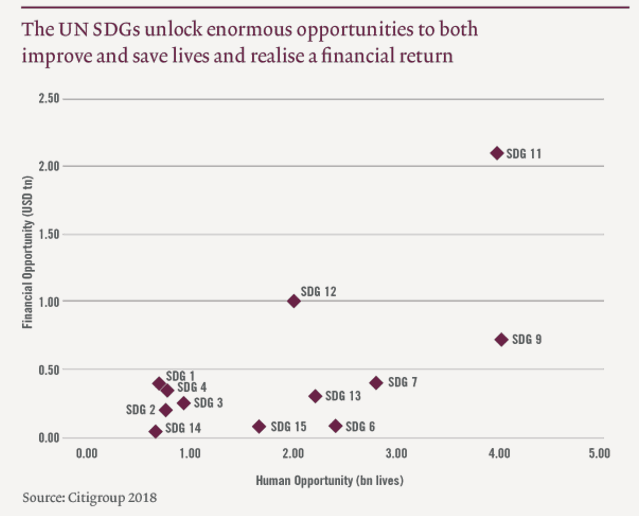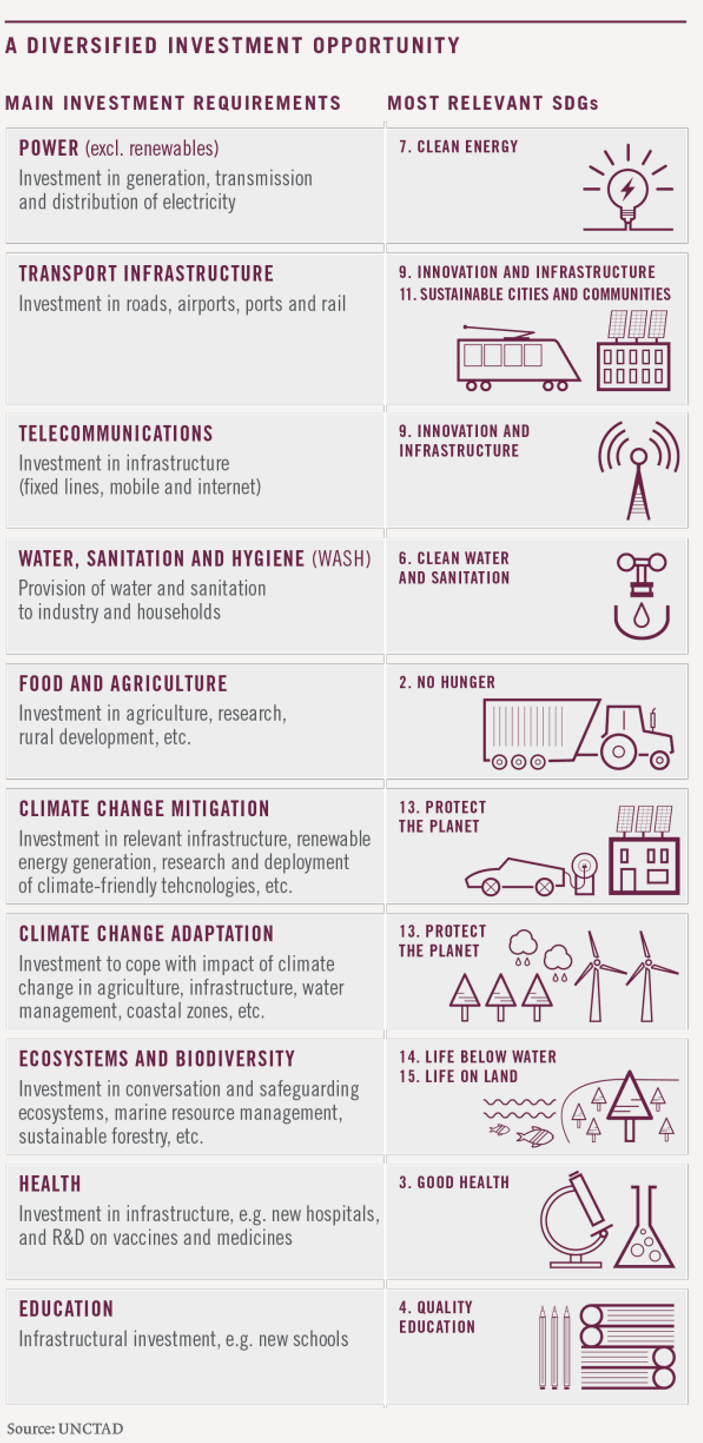From intention to action: When it comes to having a positive impact, the intention has often been there for private and institutional investors, but the action has not necessarily followed. That is now changing. The impact investing market is estimated between roughly 700bn and 2.3 trillion, with estimates varying depending on the definition used (measured and/or intended impact) [1]. In 2020, around one in four family offices globally engaged in impact investing, with over two-thirds of them planning to increase their allocations to between 10–100% of their portfolios over the next five years [2]. Intentions are finally being transformed into action. There are a number of factors behind this key transformation.
First is raising awareness. Both public and private sector initiatives, from the EU’s Sustainable Finance Disclosure Regulation to the Principles for Responsible Investment and Banking, have increased clarity and information, catalysing the momentum. The financial industry has responded and more solutions and options are becoming available, making impact investing increasingly accessible.

Citigroup 2018. (Credit: Pictet)
Second, we are slowly shedding the misconception of concessionary returns – the idea that investing responsibly requires sacrificing financial returns. As the number of responsible investing options (including impact investing) has grown, so too have their track records become established. Many of these responsible investing products fared better than their counterparts during the crisis, and a growing number of studies confirm that not only is responsible investing not detrimental to performance, but that it often delivers superior financial returns in the long term [3].
Not only is responsible investing not detrimental to performance, but it often delivers superior financial returns.
The opportunity of the century: The third and most significant factor is the shift in the overall perception of responsible investing, from a means of mitigating risk to that of capturing an investment opportunity.
A watershed moment arrived in 2015, when the United Nations published the Sustainable Development Goals (SDGs), a set of 17 common goals across 193 member states, to protect the planet and ensure equitable prosperity. Initially conceived for governments, these goals require between USD3.3 and 4.5tn per year to be achieved by 2030. Considering the level of public and private investment in SDG-related sectors, a funding gap of USD2.5tn was initially estimated [4]. This gap is where investors can find the opportunities they are looking for. Those companies that will find solutions to today’s most pressing problems, those that are targeting positive impact, will be tomorrow’s winners and most certainly a sound investment.

UNCTAD (Credit: Pictet)
The number of opportunities and varieties of investment products available is expanding rapidly. In public equities, for example, thematic investing can trace all 17 SDGs to at least nine different investment themes, such as health, agriculture & food security and transport infrastructure [5]. In fixed income, what started off as green bonds that raise money for specific green projects has rapidly expanded and proliferated creating what we call today “use of proceed bonds”. There are even bonds related to specific SDGs available [6]. And for the most opportunistic investors who can afford to take on more risk, there is a vast array of private- and venture-capital solutions to invest in highly innovative companies that are developing everything from carbon capture to sanitation solutions. These are just a small, illustrative sample of the growing range of investment opportunities already available in the positive impact space.
We each have a role to play in supporting the ultimate objectives of sustainable development and ensuring that our needs are met today without compromising those of future generations.
We each have a role to play in supporting the ultimate objectives of sustainable development and ensuring that our needs are met today without compromising those of future generations. Responsible investing enables us to do so, through our investment portfolios.
Find more information
[1] Source: GIIN, 2020 Annual Impact Investor Survey.
[2] Source: The UBS/Campden Wealth Global Family Office Survey 2019.
[3] Source: NYU Stern Center for Sustainable Business and Rockefeller Asset Management. ESG and financial performance. 2021.
[4]
[5] Source: PwC analysis via PRI. 2017.
[6] Source: PRI. 2017.

